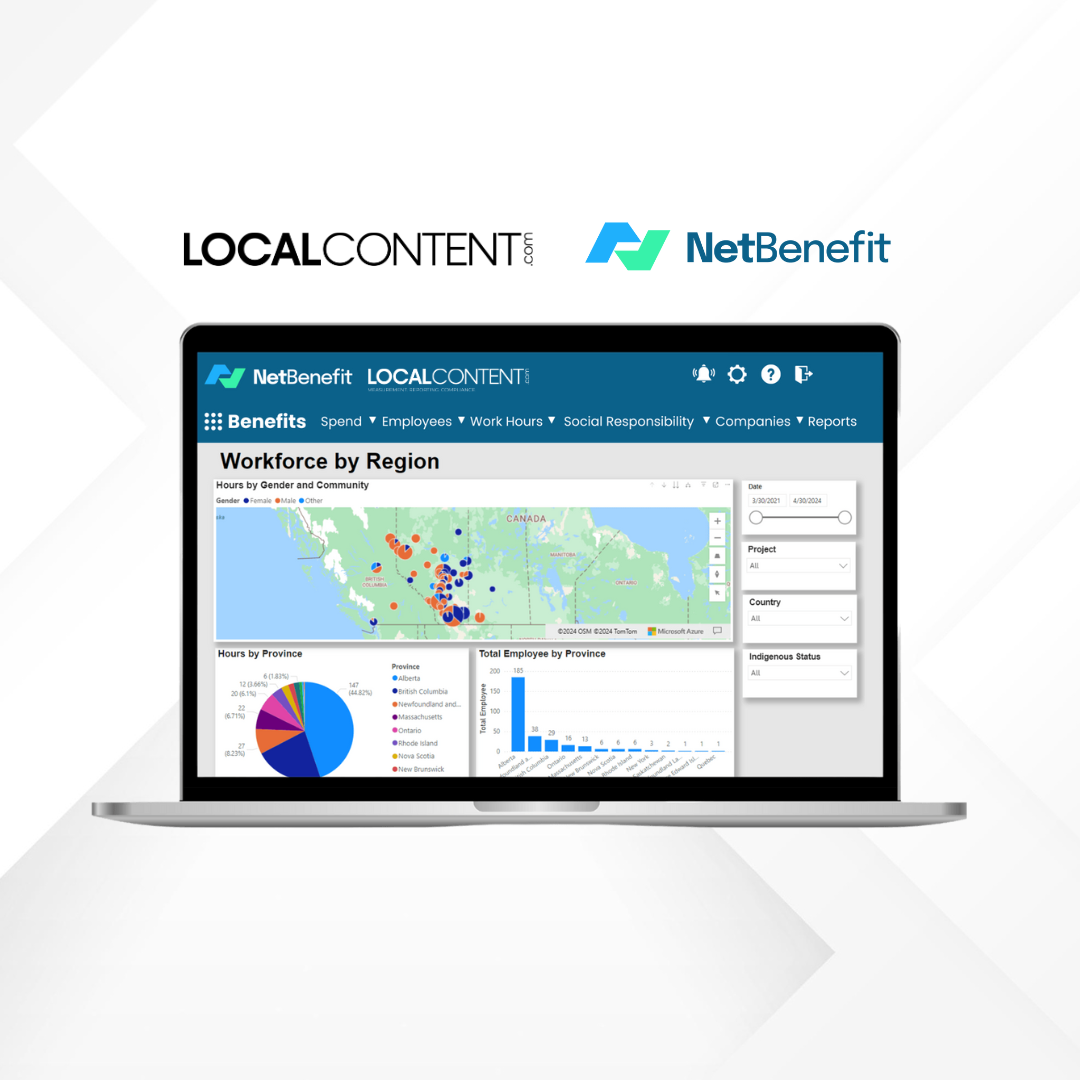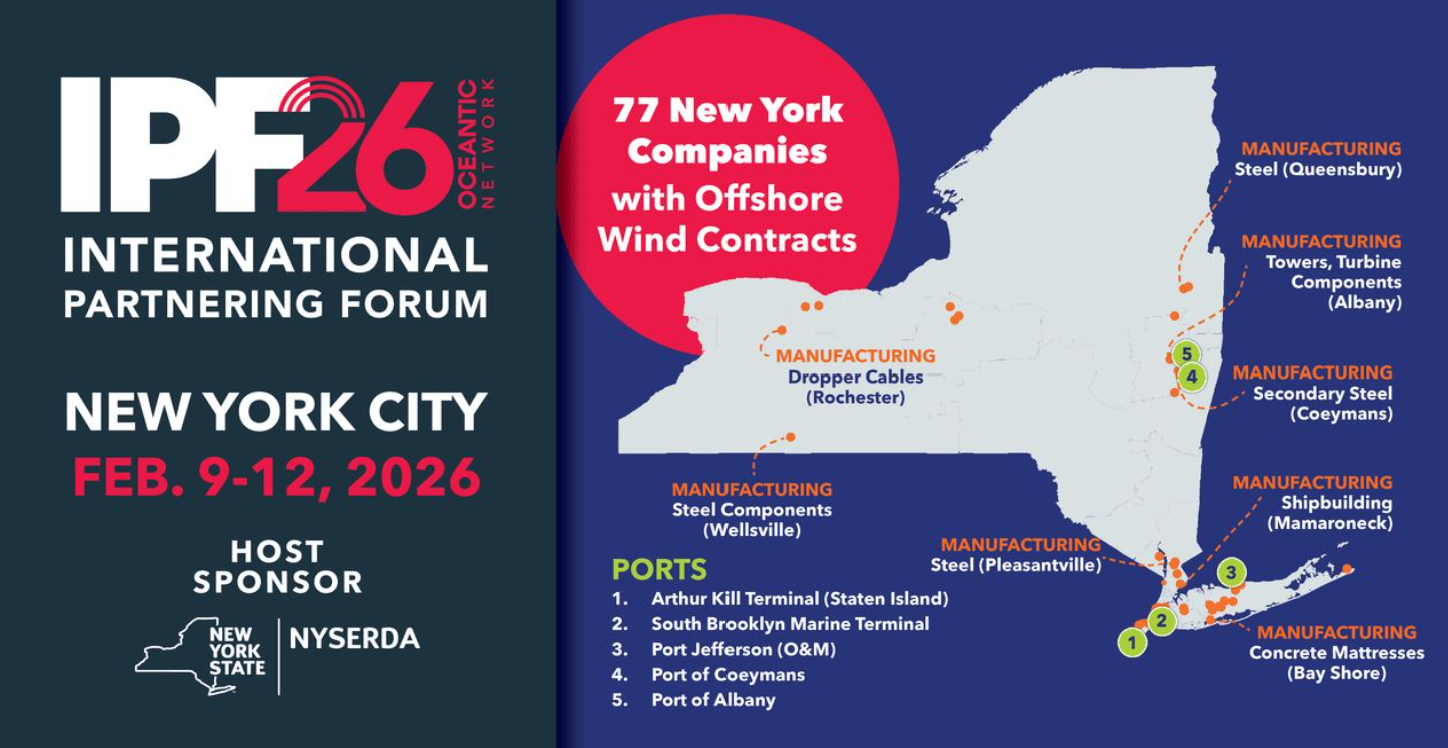
WILMINGTON, Del. – Governor John Carney announced the start of formal negotiations between Delaware and US Wind regarding its two planned offshore wind projects, MarWin and Momentum Wind, with an outline of potential agreements for a lease of state land, for energy credits to reduce electricity costs, and for funding for workforce and environmental projects.
The initial Term Sheet signed on Tuesday by the Governor and US Wind CEO, Jeffrey Grybowski, contemplates the commencement of negotiations over a lease at 3Rs Beach in Delaware Seashore State Park for an underground cable landing to deliver power from the turbines to the regional electrical grid.

The outline also includes plans to ensure “Delaware’s residents, the people, communities and ratepayers of Delaware receive benefits from the development, construction, and operation of the Projects,” such as:
- 150,000 renewable energy credits (RECs) each year associated with the wind generation, which would be transferred at no cost to Delaware utilities to help them meet clean energy requirements and lower customer bills. The RECs have an estimated value of $76 million over the life of the Projects.
- Funding for dredging projects in Delaware’s coastal areas
- Funding for clean energy workforce development training at Delaware colleges and schools
- An environmental education scholarship fund
- A Resiliency Fund for climate change projects at State Parks
- Replenishing the 21st Century Fund, which funds environmental, facility, stewardship, interpretation, environmental justice, and youth & veteran conservation corps projects in State Parks.
- The agreement outline proposes that US Wind will provide $40 million for the community benefits projects over 20 years, with specific amounts for each to be determined.
“This agreement means Delaware will become an active player in the growing offshore wind industry,” said Governor Carney. “It aligns with other objectives, including our emission reduction targets and meeting the net-zero carbon goal set last year by House Bill 99. Transitioning to clean energy sources is essential to reducing manmade greenhouse gas emissions that are driving climate change, and these wind projects are part of that transition.”
“Offshore wind will help to lower electricity bills for the people of Delaware and will improve air quality across the state by reducing our reliance on burning fossil fuels. We plan to deliver a massive amount of clean energy directly into the electric grid in Delaware and that direct link means a lot of benefits locally,” said US Wind CEO Jeffrey Grybowski. “We look forward to working with the people of Delaware as we progress these plans and we congratulate Governor Carney for carving out this unique opportunity for Delaware to be a major beneficiary of the growth of offshore wind energy in the region.”
The lease for the cable landing at 3Rs Beach would be $350,000 a year with annual increases, per the Term Sheet. The lease negotiation will be separate from the necessary environmental permits that US Wind will have to obtain for its cable routes, which will go through the established administrative process that includes public comment. The land lease with Delaware State Parks does not prejudge or guarantee favorable outcome of the environmental permits.

Prior to finalizing the potential land lease, State Parks and US Wind will hold a public information session to share details of the work to be done at 3Rs Beach. When complete, US Wind’s plans show that the only visible evidence of the underground cable crossing would be a manhole in the parking lot.
The US Wind projects are likely to be among the first wind projects in operation in the mid-Atlantic. The projects will sell carbon-free power into the regional power grid, and this new source of power generation is projected by US Wind to lower regional energy prices and capacity charges by up to $253 million over 20 years. US Wind will also invest more than $200 million in transmission system upgrades.
US Wind’s filing with the federal Bureau of Ocean Energy Management (BOEM) proposes multiple routes one of which comes ashore at 3Rs Beach just south of the Indian River Inlet, then runs underneath Indian River Bay to a substation at the Indian River Power Plant, where it will connect to regional grid. The US Wind Projects are going through a federal permitting process that is separate from any state process, and BOEM is currently considering input from a recent public comment process on the Projects’ environmental impact.
The term sheet outline of the potential agreement between the state and US Wind can be found here.










